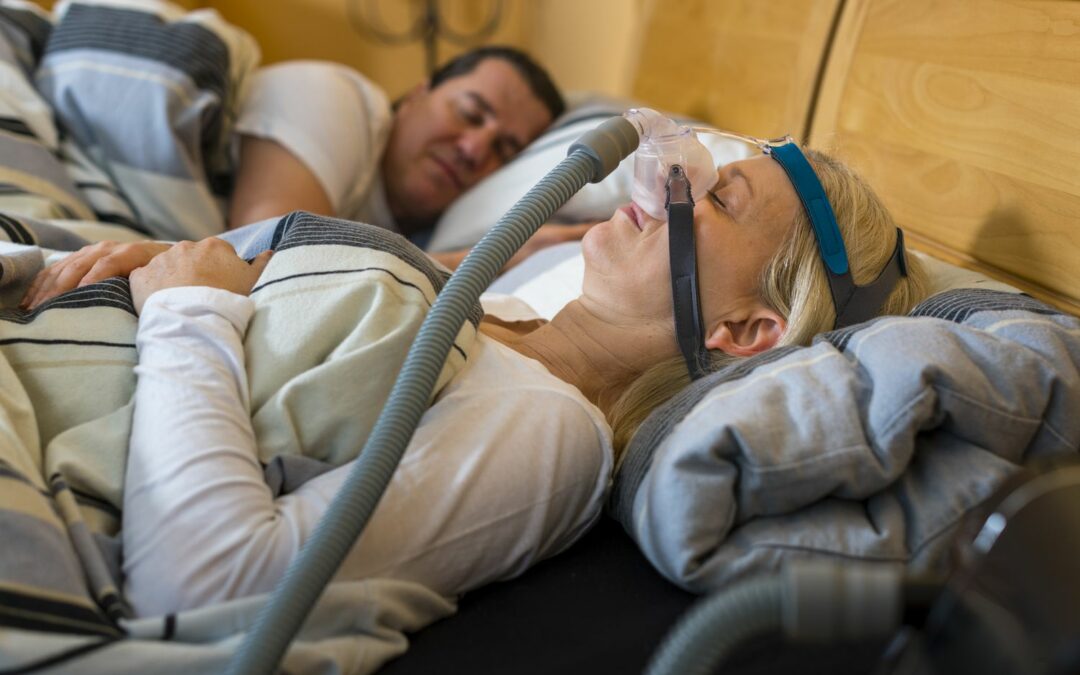Sleep apnea is a serious sleep disorder that can have significant implications for both physical and mental health. While it may seem like just a nuisance, untreated sleep apnea can lead to a range of health complications and diminish overall well-being. Understanding why it’s essential to treat sleep apnea appropriately is crucial for individuals who may be living with this condition and for those involved in their care.
Prevention of Health Complications
One of the primary reasons to treat sleep apnea in Coweta OK is to prevent the development of associated health complications. Untreated sleep apnea is linked to a higher risk of cardiovascular problems, including hypertension, heart disease, stroke, and irregular heart rhythms. By addressing sleep apnea, individuals can reduce their risk of experiencing these serious health issues and improve their long-term prognosis.
Improvement of Daytime Functioning
Sleep apnea can significantly impact daytime functioning, leading to excessive daytime sleepiness, fatigue, and decreased alertness. Treating sleep apnea appropriately can improve sleep quality and restore normal sleep patterns, resulting in increased energy levels, enhanced cognitive function, and better overall performance in daily activities such as work, school, and driving.
Reduction of Accident Risk
Excessive daytime sleepiness and fatigue resulting from untreated sleep apnea can increase the risk of accidents and injuries, both on the road and in other settings. Individuals with untreated sleep apnea are more likely to experience drowsy driving accidents, workplace accidents, and falls due to impaired concentration, reaction time, and coordination. Treating sleep apnea can help reduce these risks and promote safety for both the individual and others.
Enhancement of Quality of Life
Sleep apnea can have a significant negative impact on quality of life, affecting physical health, emotional well-being, and interpersonal relationships. Individuals with untreated sleep apnea may experience irritability, mood swings, depression, and decreased libido, leading to strain on personal and professional relationships. By addressing sleep apnea, individuals can enjoy improved mood, better mental health, and greater satisfaction with life.
Reduction of Healthcare Costs
Treating sleep apnea appropriately can lead to significant cost savings in the long run by preventing or minimizing the need for medical interventions and hospitalizations associated with sleep apnea-related health complications. While initial costs may be involved in diagnosis and treatment, the potential savings from avoiding more severe health problems and reducing healthcare utilization can outweigh these expenses over time.
Promotion of Long-Term Health and Well-Being
Overall, treating sleep apnea appropriately is essential for promoting long-term health and well-being. By addressing sleep apnea, individuals can improve their sleep quality, reduce health risks, enhance daytime functioning, and enjoy a better overall quality of life. Investing in the treatment of sleep apnea is an investment in one’s health and future, with far-reaching benefits for physical, mental, and emotional wellness.
Conclusion
Treating sleep apnea appropriately is crucial for preventing health complications, improving daytime functioning, reducing accident risk, enhancing quality of life, lowering healthcare costs, and promoting long-term health and well-being. By recognizing the importance of addressing sleep apnea and seeking appropriate diagnosis and treatment, individuals can take proactive steps to improve their sleep, health, and overall quality of life.

